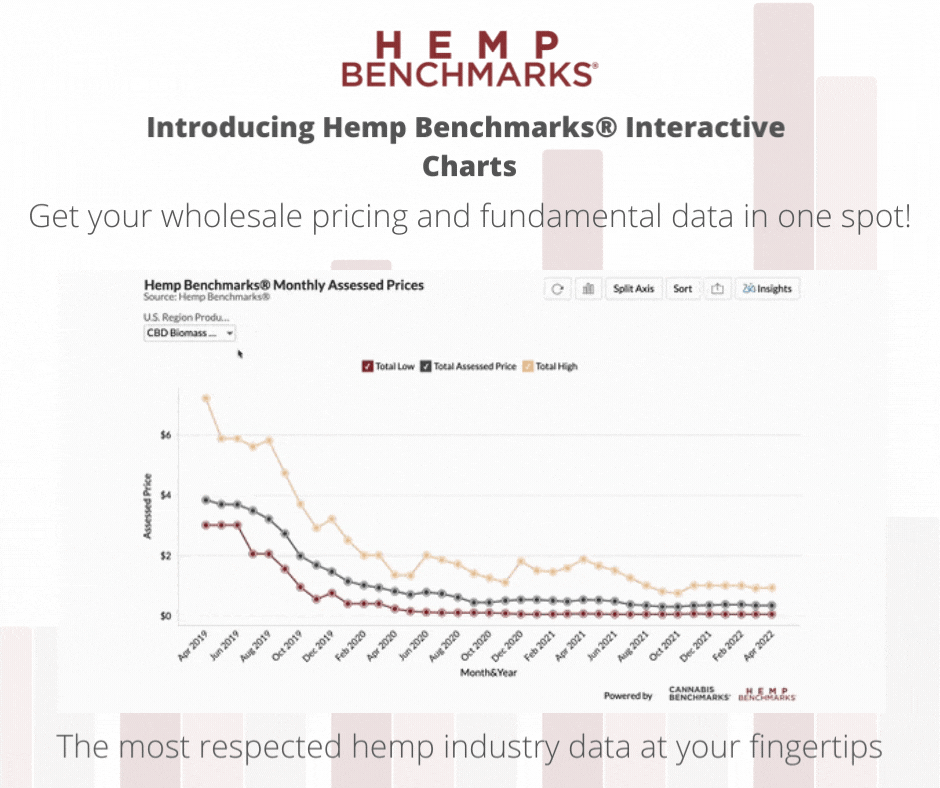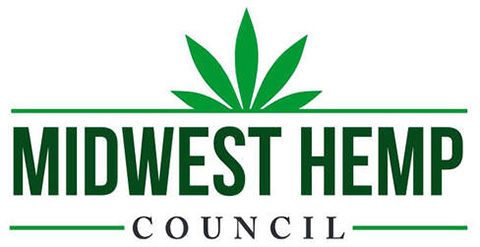With the legal hemp market facing tough times, several industry stakeholders have come together as part of a new advocacy group. Their mission is to draft federal legislation and pass a bill in Congress that would not only differentiate between the hemp floral / cannabinoid sector and the hemp fiber and grain industries, but also create an exemption to ease the production of the latter.
A statement on the group’s website, HempExemption.com, details what such an exemption would entail. It notes that since there is a very low, if any, risk of hemp fiber and grain producers harvesting a crop that exceeds the 0.3% legal THC limit, “federal law should not mandate [THC] testing [of fiber and grain hemp] and instead enforce reasonable programs that require harvest designation and visual inspection of hemp fields.” By reducing the regulatory focus on THC in fiber and grain crops – where there is little to no risk of significant levels of THC due both to genetics and the fact that both types of crops are pollinated – the group hopes to reduce cost burdens and red tape faced by farmers, creating a more efficient process that will facilitate increased adoption and acreage of hemp grain and fiber.
On May 17, four hemp industry stakeholders – Mandi Kerr, CEO and Founder of the Utah-based Global Hemp Association; Erica Stark, Executive Director of the National Hemp Association; Courtney Moran, Chief Legislative Strategist for Agricultural Hemp Solutions, a national government relations firm that works on hemp policy; and Morgan Tweet, COO and co-founder of IND HEMP, a Montana-based hemp fiber and grain processor – held an online briefing on the matter of a hemp fiber and grain exemption.
“Carving Out” a Hemp Grain and Fiber Exemption
The 2018 Farm Bill, which legalized hemp nationally, is set to expire next year. Congress has already begun hearings ahead of the planned 2023 Farm Bill. According to Tweet, the hearings should create an opportunity for their proposed hemp grain and fiber exemption. A looming issue, she told the online attendees, is to “rewire” how regulators think about hemp fiber and grain and to resolve concerns over THC content in those crops, thereby allowing the industrial sector to be managed differently from its cannabinoid hemp counterpart.
“In my perspective, THC has been the ceiling,” Tweet said. “Most of those [hemp varietal] breeding programs, that’s the number one thing that they have to address first, is whether they’re THC compliant or not. Other things like yield, drought, pest tolerance, specific amino acids or specific omegas, those are all ancillary to the THC problem. So if we want to be an industry that is continuing to have a sophisticated breeding program, and is coming online with new varieties and new processors that are looking at these new constituents, then THC shouldn’t be leading the conversation.”
Putting the “Industrial” Back into Industrial Hemp
Courtney Moran worked on the 2018 Farm Bill and noted that the measure intentionally removed the word “industrial” from the definition of hemp. While that action created benefits for hemp-derived cannabinoids, if only from a production and law enforcement standpoint, “the result was the unintended consequence of limiting grain and fiber,” she said.
“While we have achieved some progress with USDA we really don’t have a federal framework that’s promoting grain and fiber.” The proposed exemption, Moran continued, would “put the ‘industrial’ back into industrial hemp, and create a delineation between [what] we now know as cannabinoid or floral hemp, and then create a carve-out for industrial hemp, which are just the plants being grown solely for harvesting the grain or the fiber stalk material.”
An important part of the exemption program, Moran said, is to establish serious penalties for THC non-compliance, including crop destruction and not being able to take part in the program. “I’m in Oregon,” she added, “We’ve seen what’s happened with some … cannabinoid production and the illegal marijuana cultivation. So we want to alleviate law enforcement concerns. Until we get to the point where we have full [marijuana] legalization federally, that if we’re going to create this carveout and [THC testing] exemption for hemp grain and fiber farmers … the penalties [should be] severe for those that are not complying.”
Work Already Underway on Capitol Hill
According to the National Hemp Assocation’s Erica Stark, efforts are already underway on Capitol Hill to bring the hemp fiber and grain exemption into law. The group has submitted draft language for the bill to the Senate Legislative Services. It has also secured a Democratic sponsor in the Senate and is reportedly in “the final stages” of locating a Republican co-sponsor to introduce the bill.
“The overall strategy is that we will get this introduced as a standalone bill,” Stark said. “But being that it’s late in the season and a midterm [election] year, we don’t have that much expectation that we will get this introduced and passed in this cycle. But this will give us the time to advocate for it, to have the actual bill language constructed and approved by the various agencies. That way it will make it easier to get it inserted into the 2023 Farm Bill.”
Stark added that their organization has had “a lot” of conversations as they look for support from agencies like the Senate Agriculture Committee and the National Association of State Departments of Agriculture. “We’ve also begun the process of looking at a potential sister bill in the House, and gaining support there,” she said.
For her part, Tweet pointed out that eventual passage of a hemp fiber and grain exemption measure would also create a federal framework for another potential market for the sector, the use of hemp grain as feed for livestock and pets.
Related Articles:
- Where Does the U.S. Hemp Industry Go From Here? (May 11, 2022)
- Can Hemp Lumber Cut Into the Wood Industry? (April 13, 2022)
- The Campaign to Develop Hemp Genetics for the Modern Market (April 6, 2022)
- USDA Releases National Hemp Report as Industry Looks to Scale Up Fiber & Grain Sectors (March 2, 2022)



